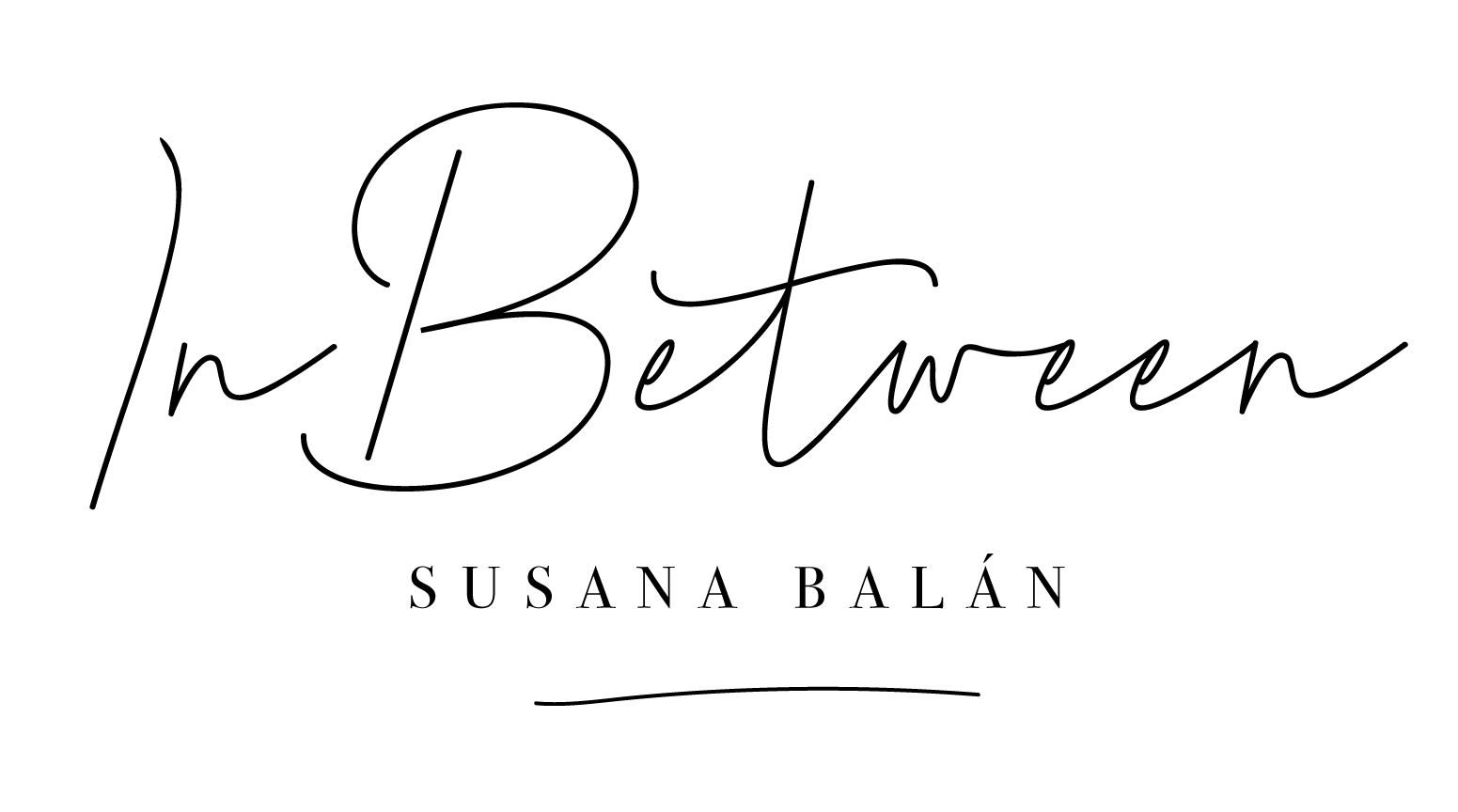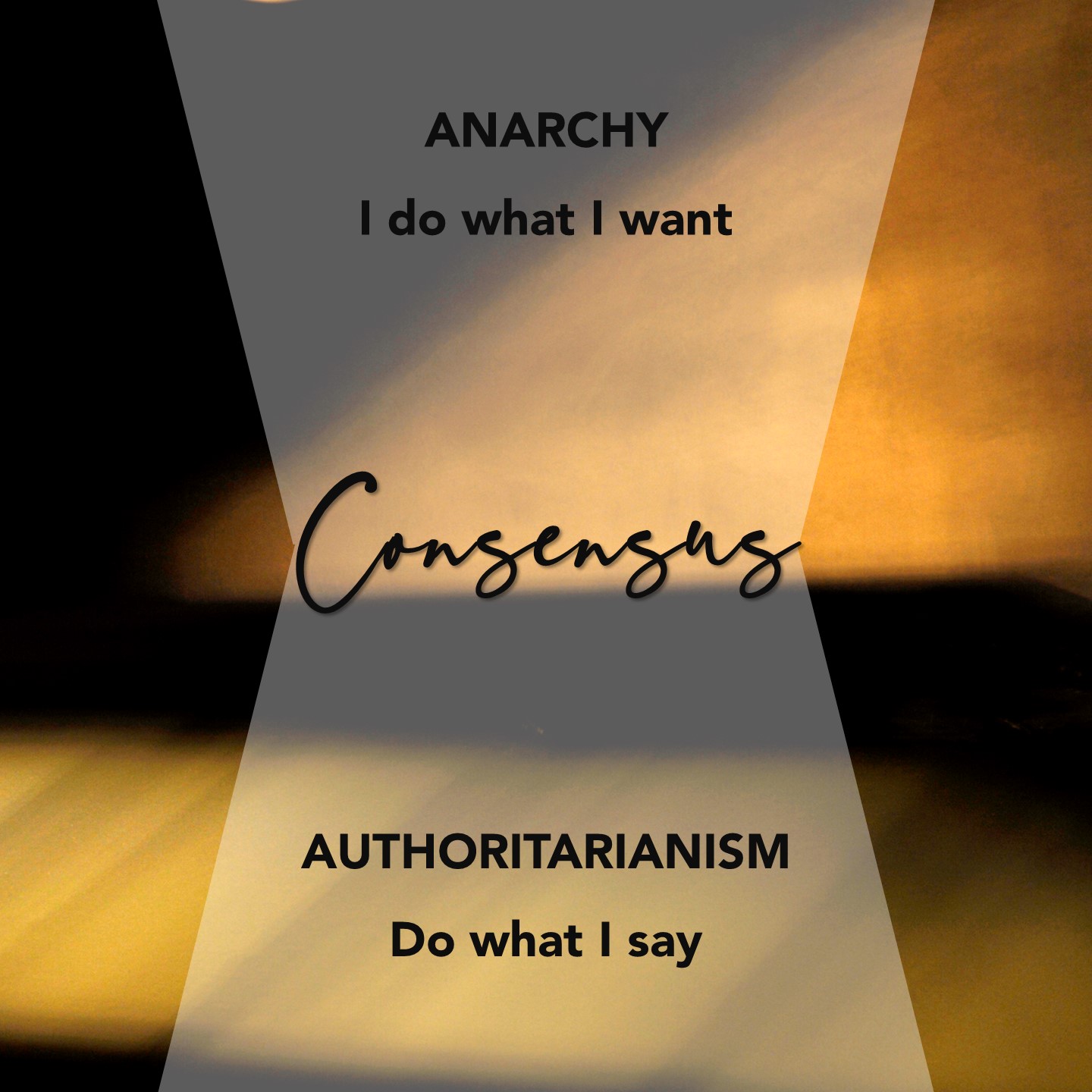The different combinations of the dichotomies between individual and society are a source of never-ending discussions all throughout the development of humanity.
In this moment of the pandemic in different places in the world, the uncertainties about the future increase the fear in all of us. And the different versions of the relation between cause and effect in the measures taken and the results obtained in controlling the virus increase the doubts and the distrust of the population.
An almost unavoidable reaction in those of us who have to obey the orders about how to take care of ourselves is: “If I can’t believe what they “make me do” because the results aren’t the promised ones, I do whatever I want, even if I endanger others”, say the defenders of individual freedom.
If you can’t believe what “I make you do” because you don’t trust me, I will have to use force to protect you, against your will.
This happens between children and parents, employees and bosses, citizens and governments, friends.
The lack of consensus about the tremendous difficulties not only in the prevention of physical contagion but the dangerous psychosocial consequences caused by seemingly endless lockdowns increase irritability and the accusatory style to escape the feeling of doom. The need to find a culprit to free oneself of the fear and the feeling of helplessness is more familiar, easier to activate than to create consensus about the best ways to take care of oneself physically and psychologically. Mutual rigidness, mutual difficulties to listen to and try to understand the other point of view, don’t help to get rid of fear. On the contrary, it leaves us more alone and more adrift.

